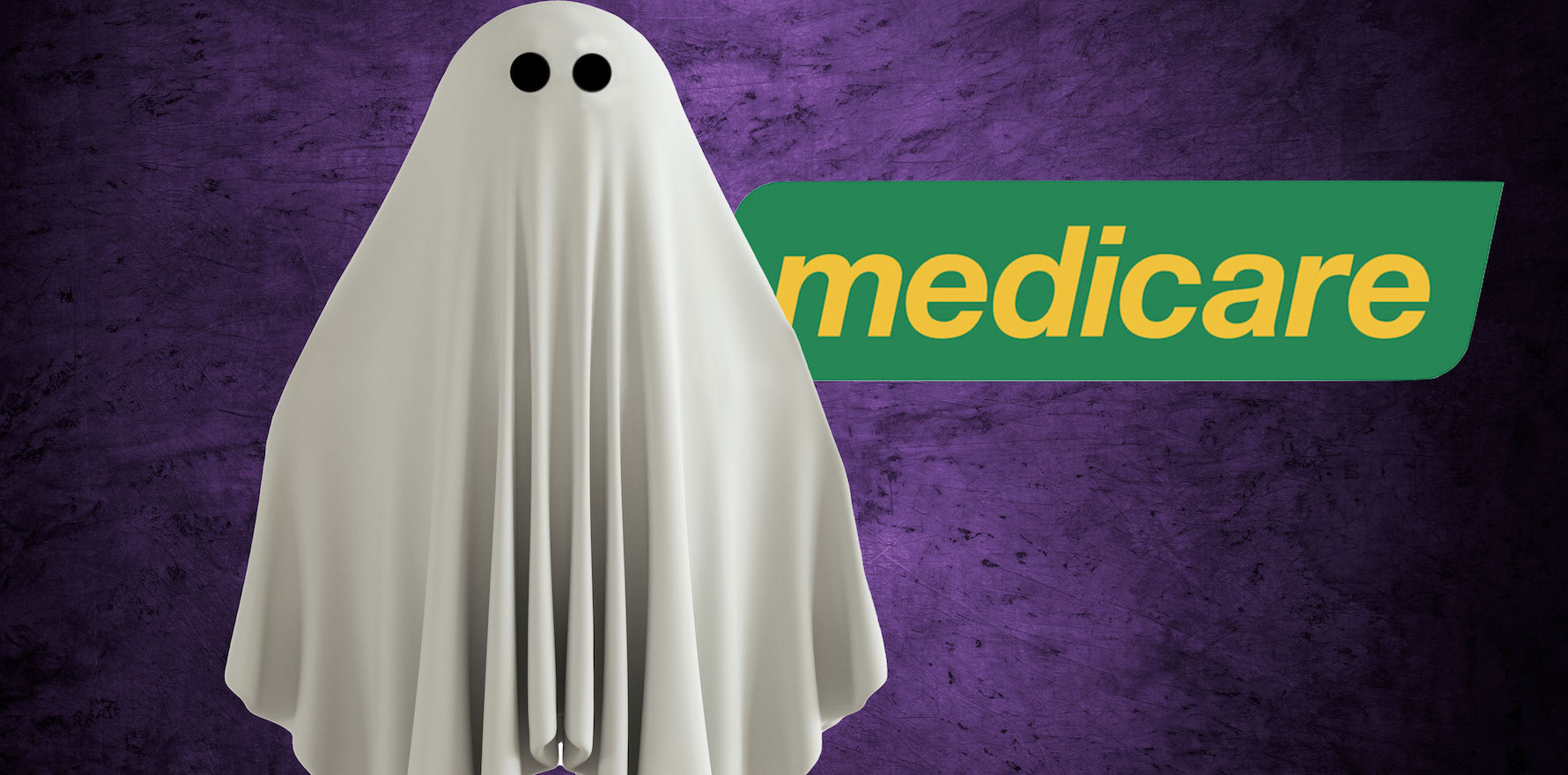The opposition was quick to summon the senator’s past health budget comments back from the dead.
Scott Morrison’s Easter weekend announcement that Family and Social Services Minister Anne Ruston would succeed Greg Hunt as Health Minister in a returned LNP government prompted Labor to quickly raise concerns about the future of Medicare.
“The appointment of Anne Ruston will send a shiver down the spine of every Australian who needs affordable health care, based on Medicare,” shadow treasurer Jim Chalmers told journalists in Brisbane yesterday. “Universal access to Medicare is at risk if Scott Morrison and Anne Ruston are given another three years to undermine Medicare.”
Mr Chalmers cited remarks by Senator Ruston in the wake of the 2014-15 budget, which included major cuts to healthcare. After the controversial $7 GP co-payment floated in the 2014-15 budget was subsequently scrapped, Senator Ruston said that “unfortunately, the credit card is maxed out”.
Early in 2015, while the Abbott government debated healthcare funding changes, she said Medicare was not sustainable in its current form.
In a 2014 analysis paper, Dr Lesley Russell of the University of Sydney’s health policy centre characterised that notorious budget as “unfair and unhealthy”. Two key health concerns were that “the Abbott government is intent on dismantling Medicare, leaving it as a ragged safety net for the poor, and major provisions such as changes to co?payments that are predicated on ideology rather than evidence”.
In its federal election statement released earlier this year, the RACGP emphasised the detrimental effects on general practice of cutting back Medicare.
“The decline in general practice funding via MBS, through both the Medicare freeze and the failure to appropriately index MBS patient rebates over successive governments, has impacted the viability of rural general practices,” the college said. It called for greater Medicare support in this year’s budget, including: greater investment in people with complex care needs who need longer GP consultations; support for telehealth access through reinstituting Medicare rebates for consultations – including mental health – as part of the permanent telehealth model; and expansion of the MBS health assessment for people 75 years and older to include patients aged between 65 and 74 years (and between 50 and 74 for Aboriginal and Torres Strait Islander Australians).
“The RACGP is calling for whoever wins government in the upcoming federal election to give general practice care a much-needed shot in the arm to ensure every patient can access the care they need,” RACGP president Dr Karen Price said in a statement, noting that the college has “an established relationship” with Senator Ruston. “We also need the next government to deliver and properly invest in the 10-year plan for primary healthcare, to ensure world class care for all into the future.
“The RACGP has an established relationship with Senator Ruston, and I look forward to continued collaboration with her in the future.”
Dr Price also met with Senator Ruston late last year to highlight college priorities, focusing on service incentive payments in mental health and disability, as well as family and domestic violence.
While Labor’s response to Senator Ruston’s appointment revives memories of the ALP’s 2016 Mediscare campaign, AMA vice-president Chris Moy told RN Breakfast today that the association wasn’t interested in mudslinging. It was looking for the “true friend of Medicare”, he said, noting that Labor, “who claim to be the friend of Medicare, have so far had relatively piecemeal or superficial policies”.
“What we’re interested in really is not this throwing dirt at each other,” Dr Moy said.
“We really need to cut through and actually see if they’re going to have policies that deal with the fact there’s a massive logjam in hospitals – they need to fix that because people are not going to get care – or we see that general practice starts to get sorted out, that primary care starts to get sorted out, and people can get the care at the time they need.”
Senator Ruston and shadow health minister Mark Butler’s offices were contacted for comment.





